For those over a certain age Gerald Ratner is infamous for his speech in which he jokingly called some of his jewellery company’s products “total crap”. For those under that age, like me, he’s unknown. And, I’ve got to say that once his unfortunate history was explained I was perplexed as to why a former CEO of a national jewellery firm was giving the keynote speech at the British Frozen Food Federation’s annual business conference.
Don’t get me wrong, his speech was humorous and engaging, a great talking point to round off the conference, but it took a while to understand why he was there. Ultimately though, his gaffe is an example of the value of branding and image over quality. And his work in later years shows that hard work and tenacity pays off – something that can be seen in the frozen food industry.
Indeed, consumer perceptions are starting to shift thanks to innovation and premium offerings from the likes of Birds Eye and Young’s (just take a look at our Frozen Report 2015 for proof). But there is still more to do. Birds Eye MD Andy Weston-Webb highlighted research that found 62% of those polled said they wouldn’t consider using frozen products in home main meals. “There’s lots of room for growth, but the key consideration is we have to offer innovation around meal occasions,” he says.
But, he adds, frozen has to earn its place at the table. One way to make things easier and more relevant to shoppers is by reducing the range available. “We need to innovate to differentiate. Consumers don’t need more choice,” Weston-Webb adds. “Range choice will get smaller and smaller led by the simplicity that discounters and shoppers are starting to demand.”
The discounters are having an impact on this category, and grocery in general, stealing sales away from the big four. They can fight back though thanks to online shopping as can the brands that are competing with their fresh counterparts. “There is a level playing field on the internet because you remove the display advantage,” explains Ed Garner, director at Kantar Worldpanel. He adds that frozen overtrades online and the average household income for online shoppers is much higher than those shopping in the bricks and mortar stores. It also allows them to reach a much younger shopping base, which was in decline.
Online combined with convenience and the discounters offer a £31bn growth opportunity in grocery, which frozen can take advantage of, notes James Walton, chief economist at IGD. Nevertheless, with the price wars taking their toll the battle will be won or lost in-store. “There are two possible outcomes: Price matching could become the Armageddon device. If they push price and promotion hard their rivals will match them but it will actually become unsustainable – like a commercial suicide pact,” he says. “Instead businesses are going to offer value in a much wider sense. They will focus on exclusivity, provenance, sustainability and those are all things that can be done best in a big store.”
Overall, the conference was positive about the future of frozen with a number of opportunities to grow the category, so long as no one ‘does a Ratner’.








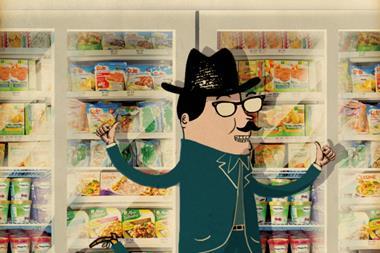
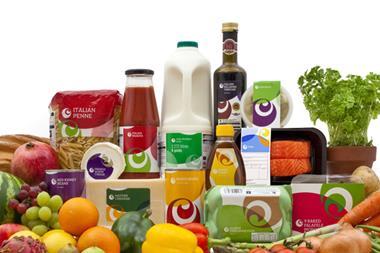
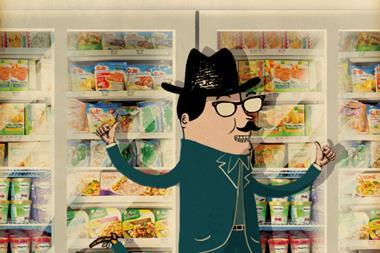
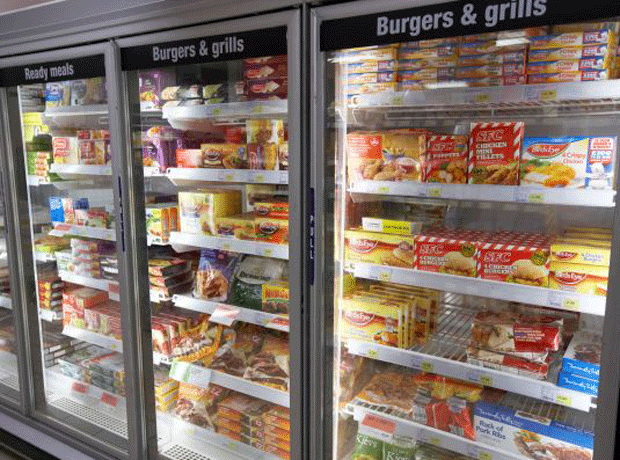
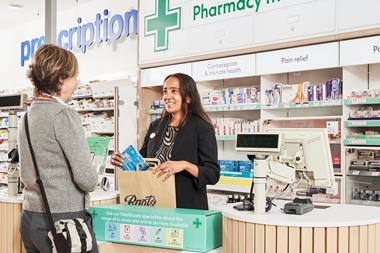

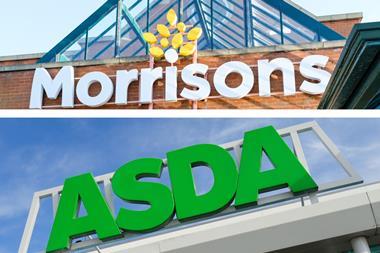




No comments yet